Which type of hot water pipe insulation is best?
I have read that heating a product will cause it to release any VOCs, do you have a preferred product for hot water pipe insulation that won’t off-gas into homes? I have strong sensitivities to chemicals and its been hard to keep the air quality of my new build, so I don’t want to mess up on something small like this. Thanks!














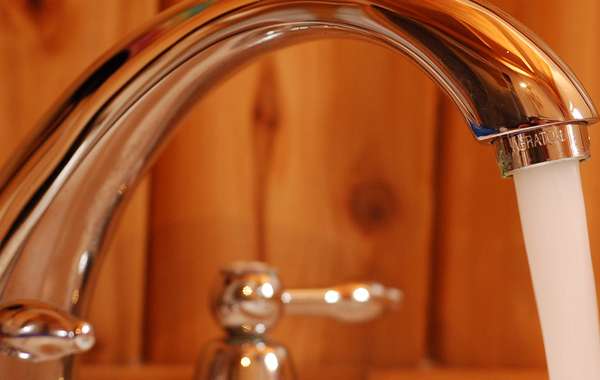
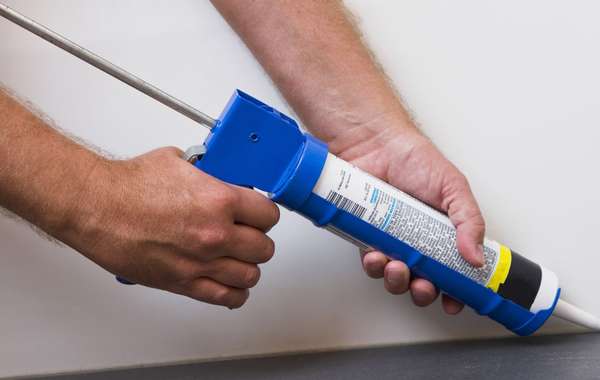
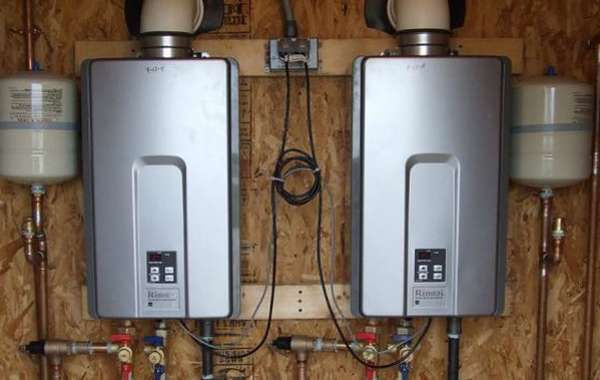
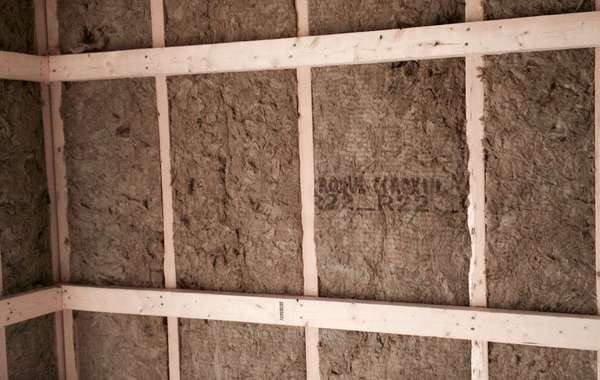
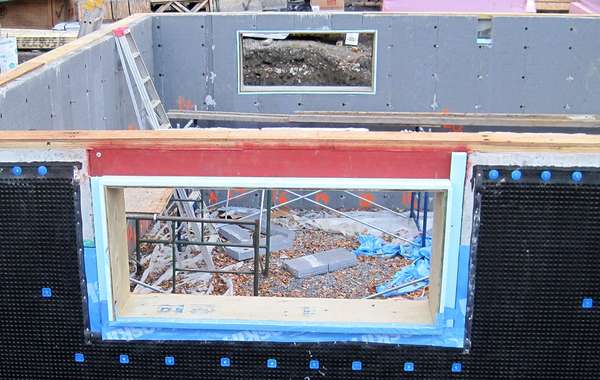
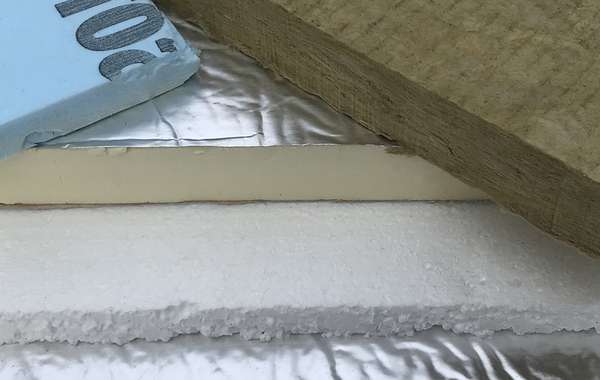
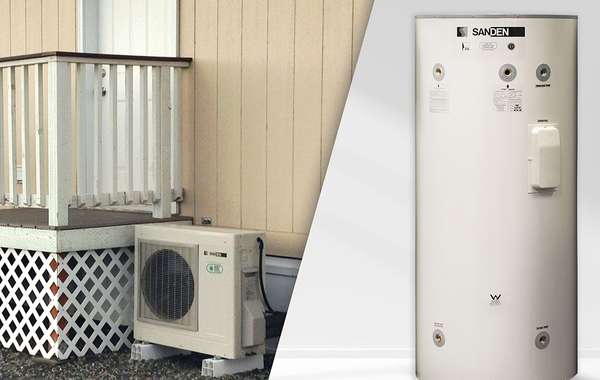
That’s a great question, and a great practice. Insulating hot water pipes can show a savings of up to 20% on your total water heating costs.
There are a few products used for insulating water lines, like a simple foam sheath, which offers an insulating value of roughly R-2. This is what is typically used in residential construction, they are either expanded synthetic rubber or expanded polyethylene.
Also available is a fiberglass sheath, that’s more commonly seen in commercial and institutional buildings than homes despite the fact that it offers a better coefficient of thermal insulation (near R-4).
If indoor air quality is a top priority for you, we would recommend you opt for the polyethylene foam insulation as it does not emit odors or VOCs. The synthetic rubber (or EPDM) sheaths can produce odors that adversely affect people who are extremely sensitive to chemicals. This information comes from Canada Mortgage and Housing Corporation (CMHC), despite the fact that this product is UV resistant and therefore acceptable for use outside, which is not the case of polyethylene.
Finally, almost all brands of fiberglass insulation contain a formaldehyde-based adhesive that can escape into the ambient air when the product is exposed to high humidity and high temperatures. The fiberglass sheath is characterized by a higher insulation coefficient, which can nevertheless be achieved by installing a larger diameter polyethylene foam sheath over a smaller sheath. You can wrap the sections still exposed to the insulation tape to complete the work.
Remember that cold water pipe insulation is also a good practice that prevents moisture condensation on the cold walls of the pipe, which protects nearby building materials from the risk of any water damage.